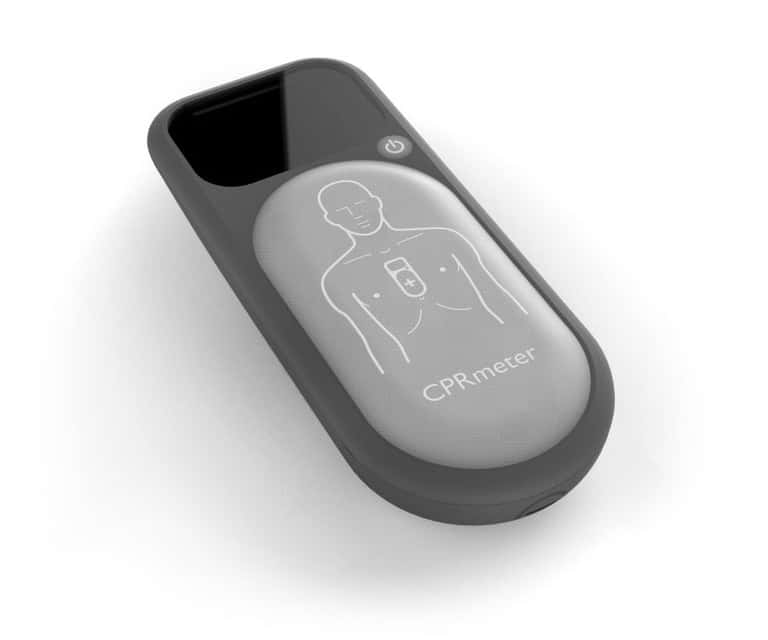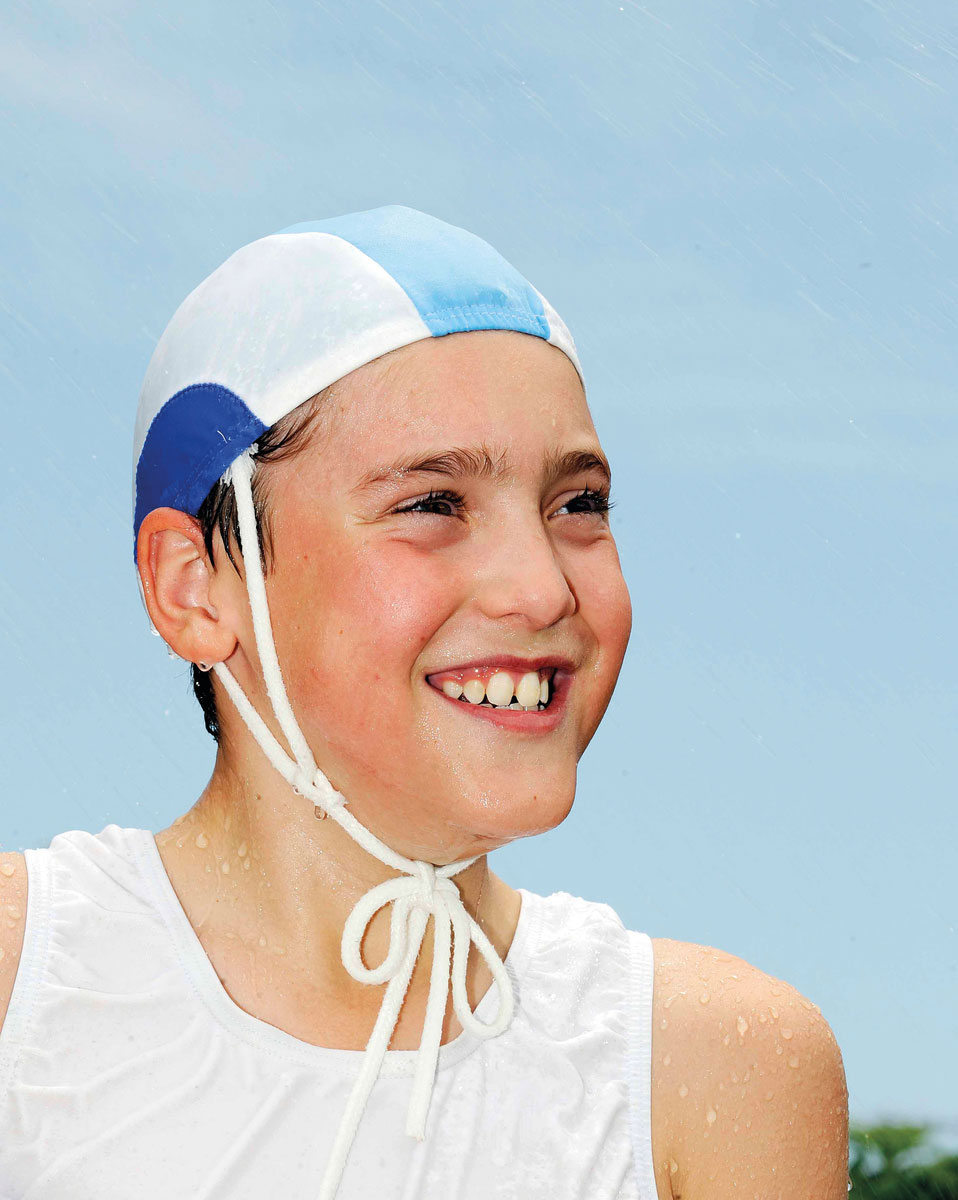Discover CPRmeter 2
In the early critical moments of a cardiac arrest, the CPRmeter 2 helps first responders optimise CPR performance by providing real-time feedback on essential parameters of CPR.
There are many factors that contribute to survival from cardiac arrest but none as powerful as receiving high quality CPR.
We know correct compression depth should be between 5-6 cm but research has found that even achieving this can be difficult to ensure. Tomlinson et al (2007) found that, depending on the patient's chest, the required pressure may actually range from as much as 10-55kg.
We need to ask ourselves questions such as:
Just by following these simple steps, we can ensure more lives are saved.

These skills can be established through training but they need to be maintained as they will decay over time, even for professionals (Hamilton, R. (2005).
Using a live feedback device can ensure QCPR is provided during an emergency by providing the live readings. These readings allow for small adjustments to be made whilst care is provided to ensure quality.
This feedback is also logged so performance can be evaluated afterwards.

In the early critical moments of a cardiac arrest, the CPRmeter 2 helps first responders optimise CPR performance by providing real-time feedback on essential parameters of CPR.

Looking at Marshall Hastings (9), it is hard to believe that his heart stopped beating during a swim competition.
Due to swift CPR, Marshall Survived.